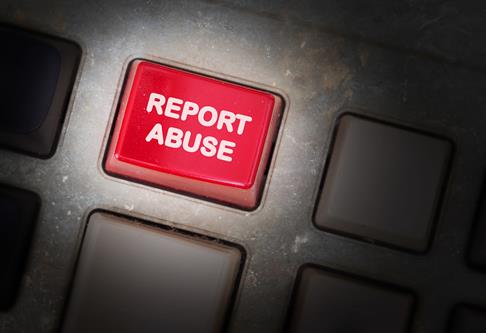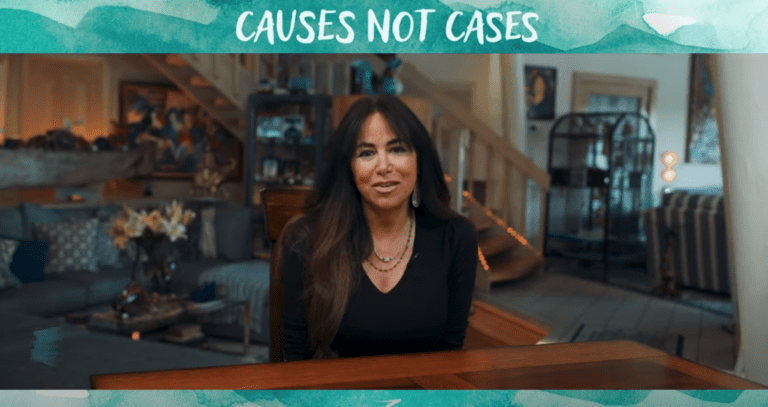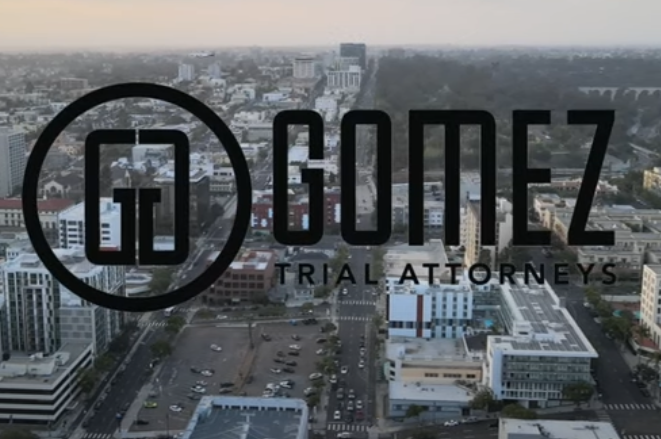Am I legally required to report child sex abuse?
Under the Child Abuse and Neglect Reporting Act (CANRA), mandatory reporters include teachers, foster parents, social workers, peace officers, doctors and nurses, athletic coaches, and many more. Penal Code sections 11166 and 11165.7 require a report when the mandated reporter, while in his or her professional capacity, knows or reasonably suspects that a child is a victim of abuse. Reasonable suspicion means that an objective person who was in the reporter’s same position would believe that child abuse was occurring based on the circumstances.
This means that if a person falls into one of the categories of people who are described as mandated reporters—if you believe a child has or is being sexually abused—you are required by law to report that belief to the proper officials. Those officials can include Child Protective Services, the Police Department, or the Sheriff’s Department. After verbally reporting the abuse to the authorities, mandatory reporters must also make a written Form SS 8572 report within 36 hours.
Failure to do so is considered a misdemeanor crime, which is punishable by up to six months in jail and/or a $1,000 fine. In addition, people who know sexual abuse is ongoing and fail to report it could be held liable for civil damages if the child and the child’s family decide to take the case to civil litigation.
[lwptoc]
Will my name be disclosed if I make a report?
[profileleft] [/profileleft]California prohibits the disclosure of a reporter’s name except under strict circumstances detailed under Penal Code section 11167. Generally, only prosecutors and investigating agencies are entitled to a reporter’s name. However, a reporter can waive confidentiality. A reporter’s name may also be disclosed if there is a court order, which requires the party seeking the information to go before a judge to get that information.
[/profileleft]California prohibits the disclosure of a reporter’s name except under strict circumstances detailed under Penal Code section 11167. Generally, only prosecutors and investigating agencies are entitled to a reporter’s name. However, a reporter can waive confidentiality. A reporter’s name may also be disclosed if there is a court order, which requires the party seeking the information to go before a judge to get that information.
You do not have to show proof of abuse. So long as you made the report in good faith, you are immune from prosecution. If you believe that a child has or is being sexually abused, you should contact law enforcement or Child Protective Services
What happens after I turn in my report?
Once a mandatory reporter turns in a report to the authorities, they will conduct a followup investigation, which may include interviewing witnesses, including the mandatory reporter. Generally, Child Protective Services will handle the investigation and any further action, although the case may also proceed to trial, in which case the mandatory reporter may be required to testify before a judge in court. Additionally, under Penal Code section 11170, mandatory reporters may request to know what the outcome of the investigation was, unless such knowledge is barred by other confidentiality restrictions.
In cases of child sex abuse where the child and/or the child’s family decide to sue, a mandatory reporter may also become a witness because of the reporter’s knowledge of events. Thus, a reporter may be asked to sit for a deposition and even to give testimony subject to cross-examination in a civil trial.
What is the Child Abuse and Neglect Reporting Act?
More commonly known as CANRA, the Child Abuse and Neglect Reporting Act was enacted in the 1980s and reformed the prior reporting act, expanding a law that originally only applied to physicians reporting signs of physical abuse. After many amendments, CANRA covers a broad range abuse and neglect, but more significantly instituted wide-ranging mandatory reporting requirements. CANRA is contained in California Penal Code sections 11164 to 11174.3. CANRA defines child sexual abuse in Penal Code section 11165.1 as sexual assault or exploitation of anyone under the age of eighteen. Exploitation is an important term, because this can include acts such as preparing, selling, or distributing child pornography, not simply molesting children.
How common is child sex abuse?
It is unfortunately a problem that ranges more broadly than people would think and is capable of tearing families and entire communities apart or festering in silence and causing immense harm to the survivors.
According to the Rape, Abuse & Incest National Network (RAINN), every nine minutes, evidence is found to substantiate another case of child sexual abuse. One in nine girls experience sexual abuse before the age of 18. Females ages 16 to 19 are four times more likely to be raped than the average person. Additionally, 93 percent of children know their abusers and interact with them on a day-to-day basis. The National Center for Victims of Crime reports that 28 percent of U.S. youths between 14 and 17 reported being survivors of sexual abuse. Boys can also be victims of sexual abuse. One in every six boys is sexually abused before the age of 18.
Children who have experienced sexual abuse are more likely to present mental health problems such as depression, a lack of self-worth, suicidal ideation, trouble with intimacy, and a lack of motivation in the workplace or in school.
What are the signs of a sexually abused child?
Some physical signs that a child is or has been sexually abused can include inappropriate sexual behavior for the child’s age, bedwetting, suddenly not wanting to be left alone with certain individuals, or refusal or reluctance to remove clothing.
An adult who may be abusing a child could engage in grooming behavior such as:
- Excessive touching of a child
- Age-inappropriate relationships
- Inordinate time alone with the child
- Inappropriate gifts to the child
- An unusual amount of interest in the child’s sexual development
Guidelines for the California reporting act state that it is not unusual for children to report that they have been sexually abused for days, months, or even years after the abuse has occurred. Children who do report sexual abuse are often accused of making up a story, or misremembering what happened, which means their reports are often dismissed. This is why mandated reporters must remain on the watch for suspicious behavior and report to the authorities when they have reason to believe that sexual abuse is occurring.
Breach of Mandatory Duties—Failure to Report
A mandated reporter may be an employee of a daycare, school, church, or other organization that supervises children. When a mandated reporter for a public entity fails to report potential sexual or physical abuse or neglect to a child, and the mandated reporter fails to make such a report in the scope their employment, this could be considered a breach of mandatory duty and provide grounds for a civil lawsuit under Breach of Mandatory Duty. A child abuse victim lawyer can cite this breach of mandatory duty as a cause of action in a civil lawsuit against a public entity that is required to supervise children.
Where a public entity supervising adults fails to make a mandated report, California law can make the entity liable for harm caused to the child. Furthermore, a mandatory reporter’s failure to report child sex abuse is evidence of negligence and negligent supervision—and creates causes of actions against the entities that employ and/or use adult supervisors.
In short, California law allows survivors and mandated reporters to make perpetrators pay for their crimes—and survivors and mandated reporters alike can play a constructive and important role in ending child sex abuse. A California sex abuse lawyer can help you do that.







